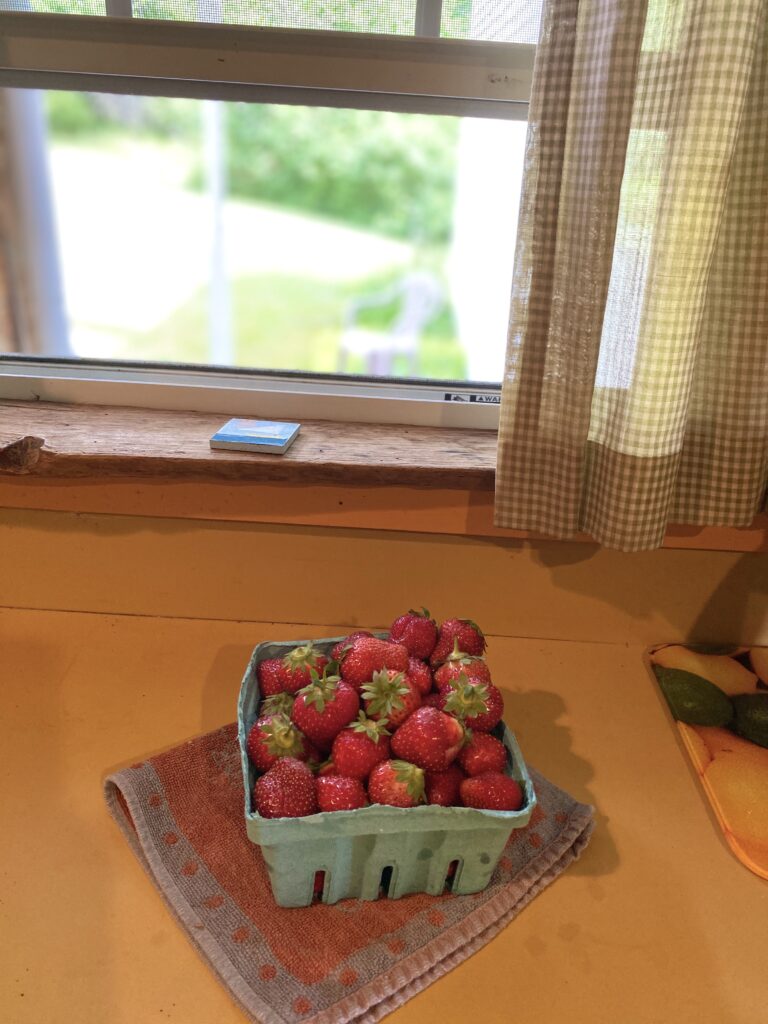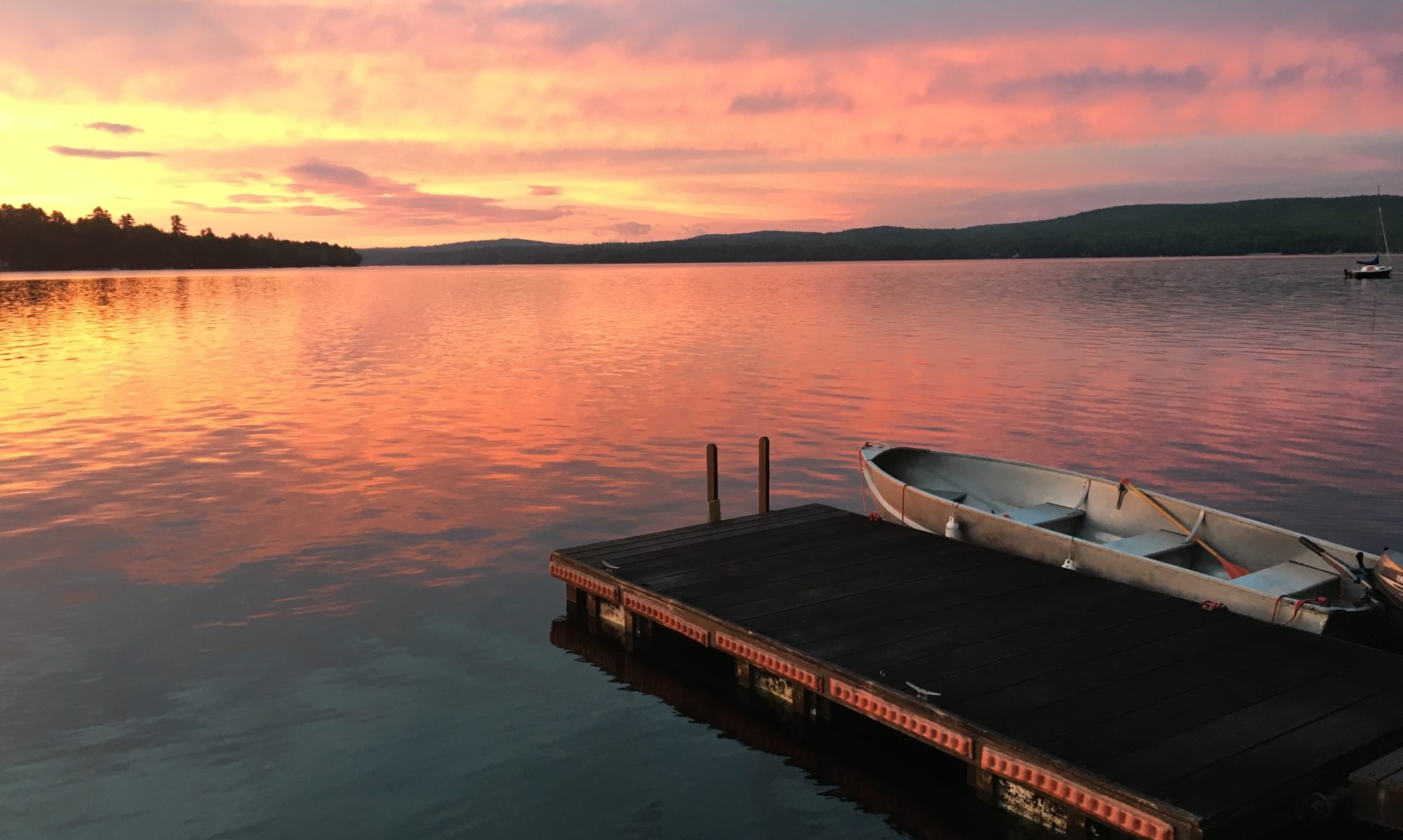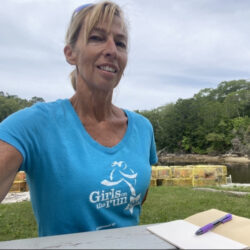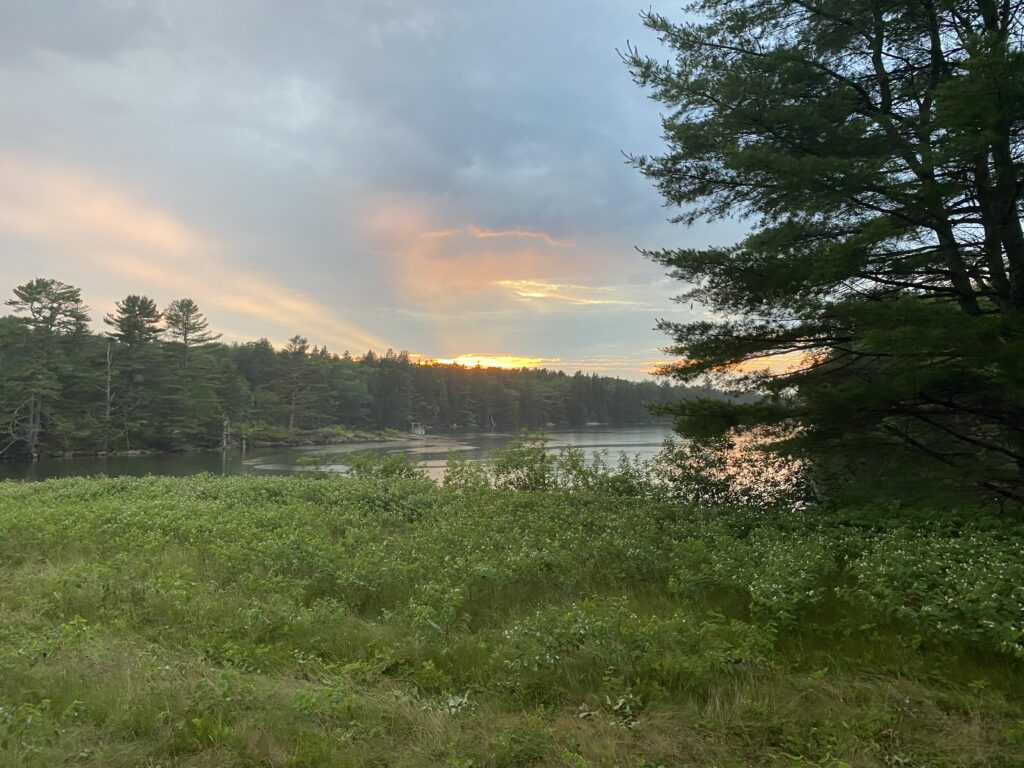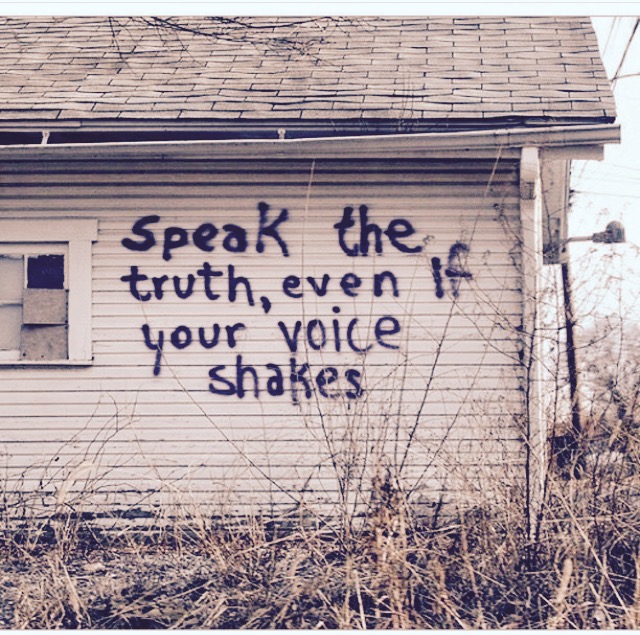Like pandemic life, controversy is uncomfortable for me. So how do I write about a moral compass without sounding righteous? How do I navigate the fine line between being right and doing the right thing?
It wasn’t always like this.
From the first two glasses of warm Chablis at age eleven, my life became a study in doing the wrong thing. Busted for smoking a joint in the school locker room. Losing my driver’s license for a year for drunk driving before I was of legal drinking age. By thirty I was a two-time divorcee.
I spent a chunk of my life largely unconcerned by anyone or anything other than myself and booze. “I have no morals,” I’d proclaim, in moments of warped pride.
After the drinking experiment failed, my moral compass and I embarked on a gradual course correction. I had learned the importance of doing the right thing early on from my mother the ultimate rule follower, she who highlighted the Ten Commandments in her bible, she who never saw the inside of her high school principal’s office.
In sobriety, I learned it again. Do the next right thing, they’d tell me, and like everything else in this new 12-step program, I was confused. How do I know if it’s right? I’d ask, and they’d say, more will be revealed. You’ll know if it feels wrong.
As a recent caregiver to a mother with dementia, I learned it again. Being responsible for others even if you don’t want to be, is the right thing.
And throughout this pandemic, its flashpoints great and terrible, I continue to learn. I will be traveling east soon, to see my parents, each of whom have been quarantined for four months in their respective care homes. I’m not sure they have a lot of time left.
Honestly, I’m not sure any of us has a lot of time left.
I am entering a state that has done the right thing when it comes to slowing the viral spread, proceeding with extreme caution in re-opening and requiring a 14-day self quarantine. I will do this because it is the right thing to do for the residents of the state, and for the residents of my parents’ care homes, and for my parents and for me.
And still the little voice I often heard in early sobriety haunts me: Who will know? Who will know if I sneak a drink? Who will know f I don’t self quarantine?
The answer’s on me: I will know. I will carry the secret, thick and heavy as the air before a summer thunderstorm. I will know, and others could die and that’s a weight too heavy to bear.
The recalibration of my moral compass is complete. Humility. Respect. Compassion. Empathy. Courage. Faith. Equality. Service. These replace those long-ago compass points of self-absorption, judgement, dishonesty and blame.
There is no app for this. It’s found within your heart and soul.
